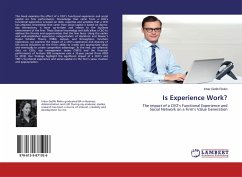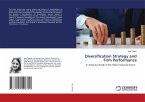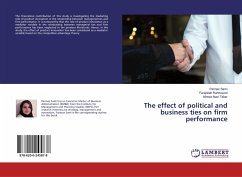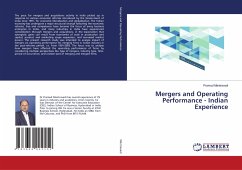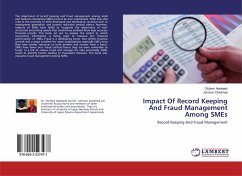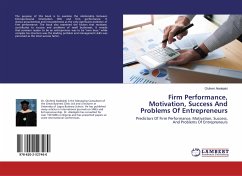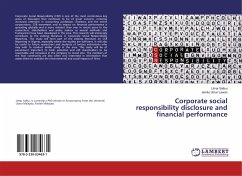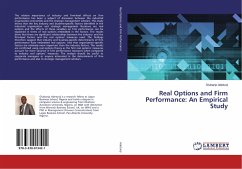This book examines the effect of a CEO's functional experience and social capital on firm performance. Knowledge that came from a CEO's functional experience is based on skills, expertise and activities that a CEO has attained. Knowledge that came from social capital is based on day-to-day interactions, is more up-to-date and relates to the business environment of the firm. These diverse knowledge and skills allow a CEO to address the threats and opportunities that the firm faces. Using the earlier and well-established experience categorization of Hambrick and Mason's Upper Echelon Theory (1984), output- and throughput- function experience, we examine the impact of a CEO's experience and diversity of ties across industries on the firm's ability to create and appropriate value and eventually to create competitive advantage. To this end, we collected data on CEOs, top management teams (TMTs) and the financial performance of Fortune 500 companies over a 10-year period (from 2003 to 2012). Our findings highlight the significant impact of a CEO's and TMT's functional experience and social capital on the firm's value creation and appropriation.
Bitte wählen Sie Ihr Anliegen aus.
Rechnungen
Retourenschein anfordern
Bestellstatus
Storno

